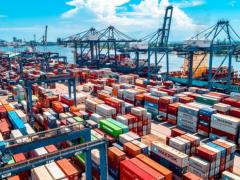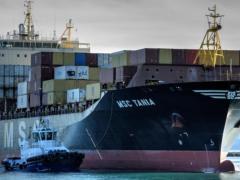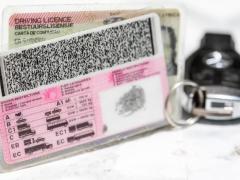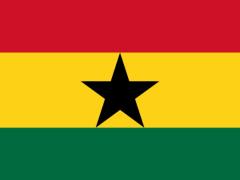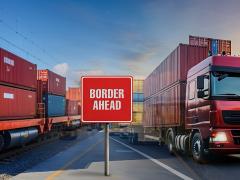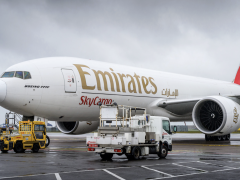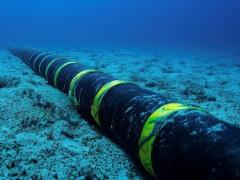State-owned logistics firm ZamCargo has been allocated dry port space in the Port of Nacala, which will add a second Indian Ocean gateway for the country. Nacala is wooing neighbouring landlocked countries in a bid to increase volumes, and has also allocated space to Malawi. Zambia Cargo and Logistics Limited (ZCL or ZamCargo) describes itself as a “regional logistics and transportation services provider, fully owned by the Government of the Republic of Zambia through the Industrial Development Corporation (IDC)”. Its existing terminals are in Dar es Salaam (Tanzania), Walvis Bay (Namibia), and an operational hub in Ndola (Zambia). ZamCargo took over the operation of the Walvis Bay dry port in July 2023. There are plans to expand the Tanzanian operation through the development of a 30 000-square-metre dry port in Shinyanga, northern Tanzania. ZamCargo has invited expressions of interest from the private sector to partner in the development of the Shinyanga Dry Port. “The partnership may take the form of a long-term business agreement, or joint venture, depending on the proposed model and mutual agreement,” the invitation states. The deadline is September 8. Qualifying companies will then be invited to submit proposals for the development of a warehouse (minimum 5 000 square metres), paving and administration, canteen and workshop buildings. The Nacala dry port has added impetus to plans for a 1 500-kilometre rail link between the major Zambian rail junction at Kapiri-Mposhi and Nacala via the Chipata- Mchinji line in Malawi. Nacala will then be competing against Walvis Bay and Dar es Salaam to provide the most cost-effective harbour gateway. According to a statement by Zambia Railways, recent upgrades to Nacala have increased its handling capacity to 10 million tons a year, “making it a highly attractive alternative to congested ports in South Africa”. The latest developments flow from the signing of the Nacala Corridor Development Agreements by the presidents of Zambia, Malawi and Mozambique in October 2023. The agreements cover road and rail transport, trade facilitation, and institutional collaboration. Funds are now being sought for the rail line, which, according to Zambia Railways, is estimated to cost $2.3 billion, resulting in logistics cost savings of $420 million to Zambian exporters and importers compared to the existing gateways. In its favour, ZamCargo has this year declared its first dividend since the formation of the company in April 2001. It paid K4.2 million (R32.6m) to the IDC. ER
Second Indian Ocean gateway added
Comments | 0


